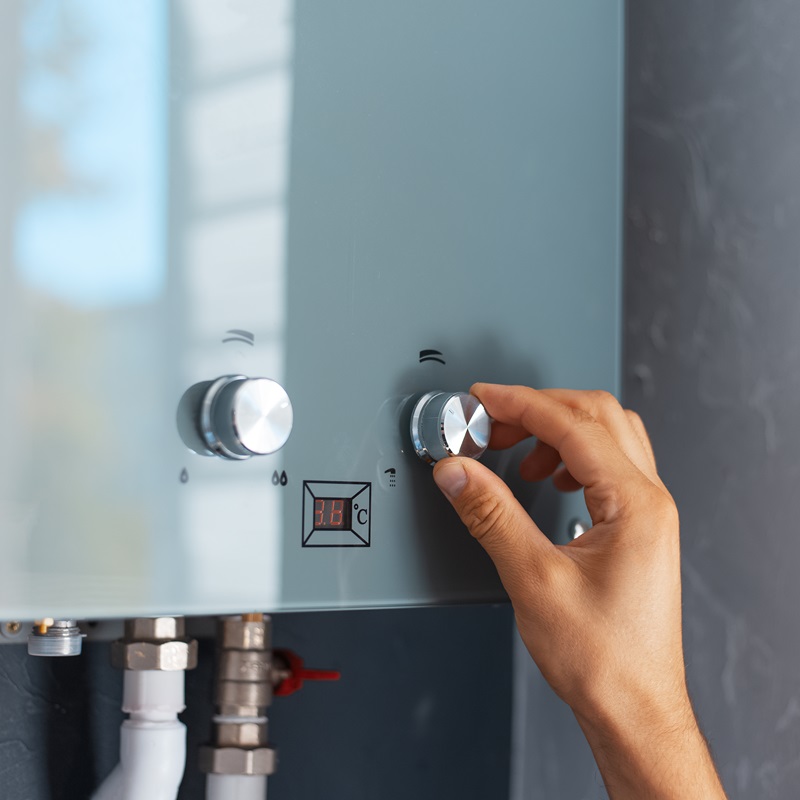Compare geyser sizes before buying a new unit.
Compare geyser sizes before buying a new unit.
Blog Article
Just how to Select the Right Geyser to Make Best Use Of Power Performance in your house
Choosing an energy-efficient geyser is not as straightforward as it appears, needing careful analysis of various variables. From comprehending the different sorts of geysers, to evaluating their power effectiveness scores and considering placement strategy, each choice plays a vital role in taking full advantage of efficiency. Stabilizing the initial investment with long-lasting savings is additionally essential. Allow's start this trip to uncover exactly how to make the most informed selection for a geyser that will certainly reduce your power costs while guaranteeing optimum efficiency.

Recognizing the Different Kinds of Geyser
While there are various sorts of hot springs offered on the marketplace, understanding the differences in between them is essential for power efficiency (geyser sizes). The very first kind, storage space geysers, are one of the most usual and store warm water in a container for use when needed. They are readily available in various capacities and are normally energy-efficient, yet they can lose warm when not being used
The second type is the tankless geyser, which heats water on need, leading to much less power waste however needing a higher preliminary power draw. Solar geysers make use of solar power to heat up the water, making them the most energy-efficient however likewise the most expensive.
Evaluating Your Household's Warm water Demands
Before diving right into the acquisition of a geyser, it is pivotal to analyze the warm water needs of your house. This analysis should consider various elements including the number of house participants, frequency of warm water usage, and the number of warm water electrical outlets in the home (geyser sizes). A little family members with infrequent hot water use may require a smaller, less effective geyser compared to a larger household with numerous daily warm water requirements
The kind of devices that require warm water also play a substantial function. Dishwashers and washing equipments, as an example, might need even more warm water than a basic shower or kitchen sink. Additionally, specific activities such as showering or cleaning likewise affect the frequency and volume of check this site out warm water needed.
Assessing Power Performance Ratings of Geyser
Having actually analyzed the hot water requirements of your house, it is necessary to turn your interest to the power efficiency ratings of geysers. These rankings, usually given as Energy Aspect (EF), show a geyser's overall energy effectiveness based upon the quantity of warm water generated per unit of fuel taken in over a normal day. The greater the EF, the extra reliable the hot water heater.

Considerations in Geyser Size and Placement
Beyond energy performance rankings, the dimension and positioning of your geyser are essential components to consider. The size of the geyser should straighten with your house's warm water requirements. A little geyser may use much less power however may not give adequate warm water for several uses at the very same time, whereas a bigger system can meet better need however may consume even more power.
Positioning likewise impacts power performance. Geysers should be mounted near points of use to decrease warm loss during water transport. A centrally located geyser can service multiple areas successfully. Additionally, thinking about thermal insulation, a geyser situated in a warmer location loses less warm and for that reason uses less energy to maintain the water temperature level.
Price Evaluation: Balancing First Investment and Long-Term Savings
While size and placement undoubtedly play considerable functions in a hot spring's power effectiveness, one should not ignore the economic aspect. When thinking about the preliminary financial investment, the price of energy-efficient hot springs can be greater than basic designs. The raised ahead of time cost can be balanced out by lasting energy cost savings, making it a worthwhile investment in the long run (geyser sizes).
Analyzing long-term financial savings requires an understanding of the geyser's power ranking. An appliance with a greater score will certainly consume less power, converting to lower utility expenses with time. Government incentives and rebates for energy-efficient home appliances can likewise assist recover preliminary expenses.
Lastly, maintenance and lifespan should be factored in. Energy-efficient geysers frequently have longer lifespans and lower maintenance prices, adding to general cost savings. When balancing first financial investment and long-lasting savings, one need to take into consideration not only the purchase rate however also power usage, government motivations, and upkeep costs.

Conclusion
These include recognizing the kinds of geysers, analyzing your family's hot water demands, evaluating power effectiveness ratings, and computing expense advantages. The ideal geyser size, positioning, and insulation can considerably lower energy expenses and ecological impact.
Report this page